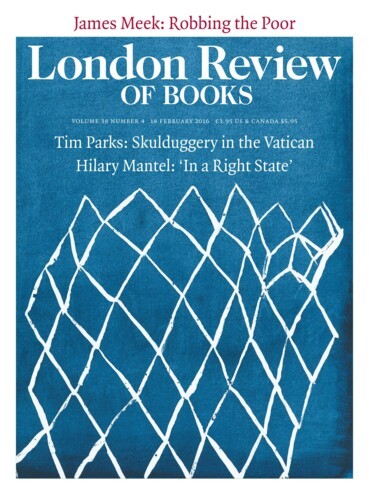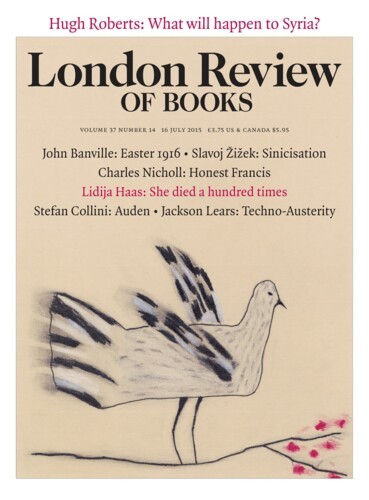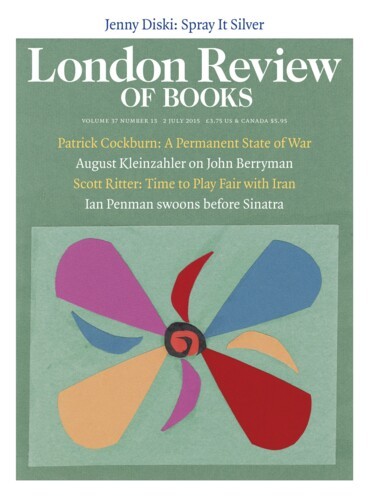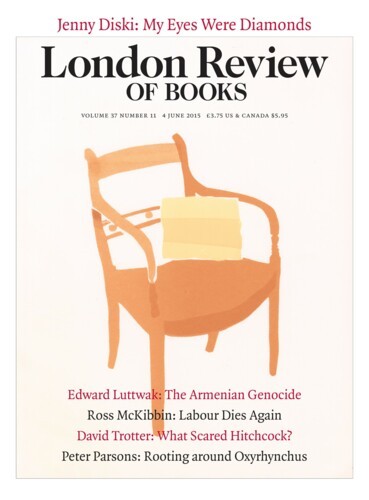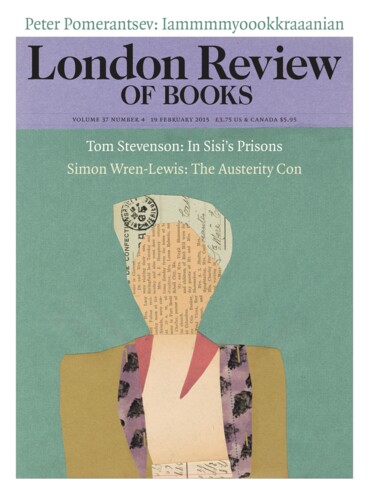Poem: ‘Forgetfulness’
Michael Hofmann, 18 February 2016
for Fred
‘Empiricism’ has been gone far more often than not; I think I originally learned it in my teens. Now I sometimes find it by alphabetising, but most of the time it’s gone and stays gone. I don’t know if I dislike it because I can’t remember it, or I can’t remember it because I dislike it. It’s as though it’s on permanent loan somewhere....
